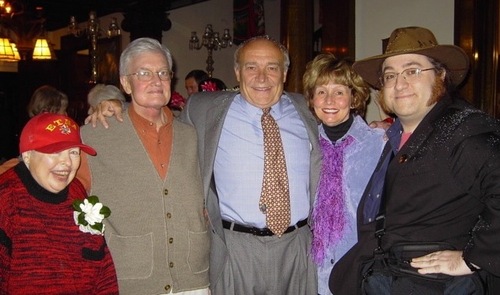Ramin Bahrani is the new great American director. After three films, each a master work, he has established himself as a gifted, confident filmmaker with ideas that involve who and where we are at this time. His films pay great attention to ordinary lives that are not so ordinary at all. His subjects so far have been immigrants working hard to make a living in America. His fourth film, now in preparation, will be a Western. His hero will be named Tom. Well, he couldn’t very well be named Huckleberry.
The Old West, too, was a land of immigrants, many of them speaking no English. But Bahrani never refers to his characters as immigrants. They are new Americans, climbing the lower rungs of the economic ladder. There is the Pakistani in “Man Push Cart,” who operates a coffee-and-bagel wagon in Manhattan. The Latino kid in “Chop Shop,” surviving in a vast auto parts bazaar in the shadow of Shea Stadium. The taxi driver from Senegal in “Goodbye Solo,” who works long hours in Winston-Salem, N.C. [“Solo” opens March 27 in Chicago and New York.] These people are not grim and depressed, but hopeful when they have little to be hopeful about. They aren’t walking around angry. Wounded, sometimes. They plan to prevail.
December 14, 2012




